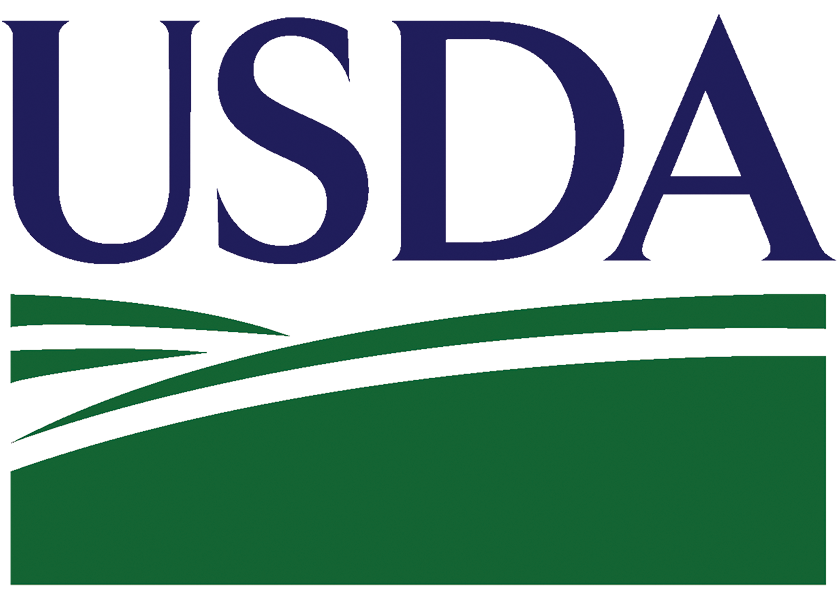NIFA Invests $5M in Mitigating Antimicrobial Resistance Across the Food Chain

USDA's National Institute of Food and Agriculture (NIFA) announced an investment of more than $5 million to mitigate antimicrobial resistance across the food chain.
“Pathogen resistance to antimicrobials is a complex problem, encompassing human medicine, poultry and livestock health, and even plant crop production,” Acting NIFA Director Dionne Toombs said in a release. “The projects supported through this investment will work to ensure a safe, nutritious and abundant food supply while conserving antimicrobial effectiveness.”
Part of NIFA’s Agriculture and Food Research Initiative’s Mitigating Antimicrobial Resistance across the Food Chain grant program, it supports integrated research, education and Extension projects.
From risk assessment and antibiotic management and stewardship to advancing understanding of emerging resistant pathogens and their mechanisms for resistance and disease control using antimicrobial alternatives, NIFA's work feeds into the federal strategy to combat antimicrobial resistance as described in the Combating Antibiotic Resistant Bacteria National Action Plan 2020-2025.
Nine projects are being funded, totaling $5,117,165. Examples include:
• Scientists at the Iowa State University of Science and Technology will model the movement of bacteria through different environments, such as surface and subsurface water, as a route for bacterial movement from animal and human waste to plant crops. ($1,000,000)
• Scientists in Veterinary Preventive Medicine at The Ohio State University will study the movement of auctioned male calves through the market to better understand the use of antimicrobial drugs to prevent and treat disease. ($999,938)
Learn more.
Read More:
USDA Announces More Money for Meat Processing Capacity, New Efforts to Strengthen Food Supply Chain
African Swine Fever Found on Pig Farms in South Korea, Germany







